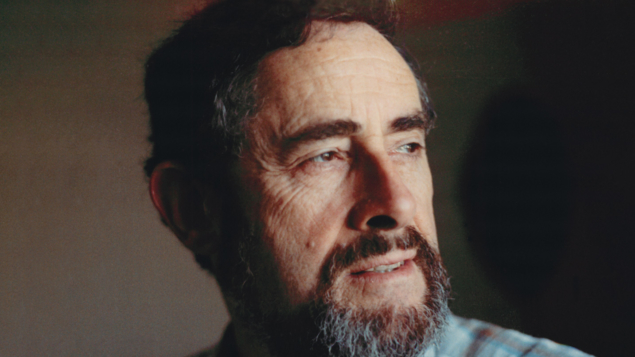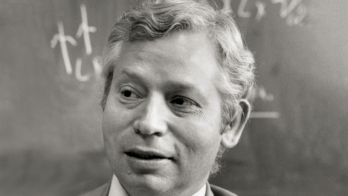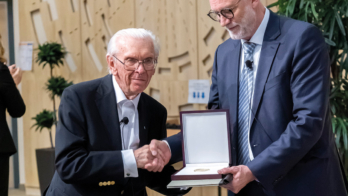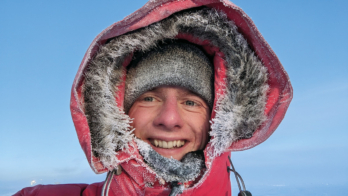
Leading member of the UK particle-physics community, Paul Murphy, passed away on 26 August. Paul was a keen and brilliant physicist who was head of the particle-physics group at the University of Manchester from 1965 until his retirement in 1990. He started his PhD as a Fulbright Scholar theoretician in Fermi’s group in Chicago, but later discovered that his real talent lay in experimentation. Styling himself as a “gas and glue” man, Paul was one of the few physicists at the time who could design and make spark chambers that worked.
He then went to Liverpool to work on the 400 MeV cyclotron before joining the Rutherford Laboratory and going to UC Berkeley to study hyperons at the 6 GeV Bevatron. On returning in the early 1960s, he and John Thresher carried out a series of experiments to determine the spin-parity of pion-nucleon resonances, for which they were awarded the Rutherford medal and prize by the UK Institute of Physics.
Aged only 34, Paul moved to Manchester to become a professor, heading up the newly formed high-energy physics group. As well as leading the group into two experiments at the new electron synchrotron, NINA, at the Daresbury Laboratory, he spearheaded the development of particle detectors at Manchester and built the group’s strong reputation in this area. First were the wire spark chambers with digital instead of photographic readout, a version of which was then used in the CERN, Holland, Lancaster, Manchester (CHLM) experiment that concentrated on proton–proton diffraction scattering at the CERN ISR facility. Paul then led the group developing (quieter) large-area drift chambers that were used to detect muons, first at the JADE experiment at DESY, which helped to discover the gluon, and then at LEP’s OPAL experiment at CERN. His sharp physics mind led him to be a pioneer at the start of each new accelerator facility, for instance realising the potential for NINA to produce a useable beam of neutral kaons.
Paul was a firm believer in making the most of wherever he found himself. He played a major role in national and international particle physics, chairing and contributing to many strategic decision-making bodies. He was also an engaging educator at all levels, often livening up his lectures with many anecdotes.
Paul was a passionate humanitarian and loved people; he wanted to show everyone he met that he valued them, for example, by learning how to welcome them in their own language. His insight into people and physics alike was extraordinary, and his penchant for making a little friendly mischief never far from the surface.





